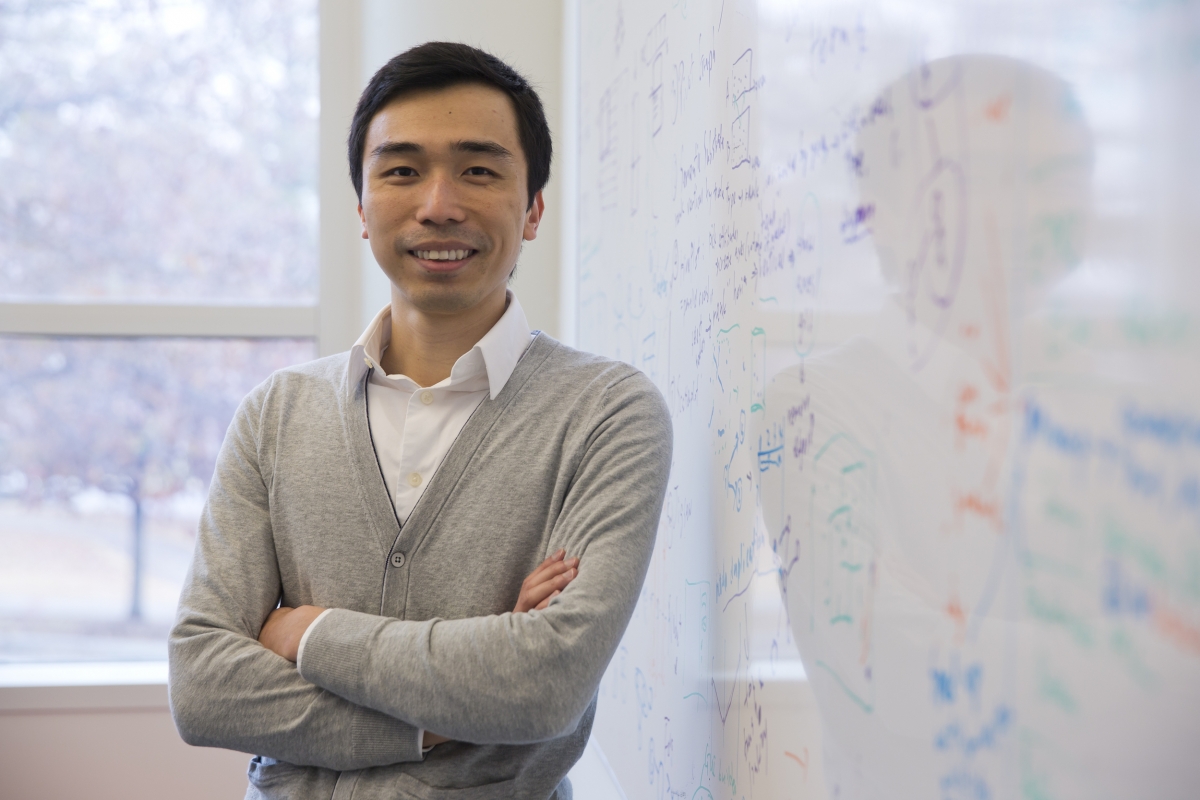School of Computational Science and Engineering Associate Professor Polo Chau received the 2019 Outstanding Researcher Award from Intel, honoring his innovations in artificial intelligence and security, and for his contributions to the Intel Science & Technology Center for Adversary-Resilient Security Analytics (ISTC-ARSA) at Georgia Tech.
The award is given annually to recognize researchers across scientific disciplines who have demonstrated exceptional innovation for work related to Intel initiatives.
According to the award description, Chau was recognized specifically for his enthusiasm to share knowledge with his fellow researchers while helping advance and demonstrate the ARSA center’s research values.
“Periodically, Intel funds different centers to nurture and strengthen long-term collaborative relationships with academia. Intel is an excellent partner for transitioning research into practice to to solve challenging real world problems to benefit society,” said Chau.
Established in 2016 through a $1.5 million gift from Intel to Georgia Tech, the ISTC-ARSA has developed new security approaches for machine learning algorithms by studying application vulnerabilities in security analytics, search engines, facial and voice recognition, fraud detection, and more.
Chau said, “Machine learning is used in all sorts of applications including high-stake problems such as directing self-driving cars or creating systems that determine how resources get allocated in an organization. So, a lot of critical solutions came out of the initial ARSA project in a short time.”
Several large projects with real-world solutions that were led by Chau in the three short years that the center has been in operation include:
- Keeping the Bad Guys Out: Protecting and Vaccinating Deep Learning with JPEG Compression
- MLsploit
- ShapeShifter
- SHIELD
“The research focus of the center has really shaped a lot of the work I have been doing in the past three years and also what we are doing now. I think that it is an excellent problem space to work in because machine learning is is increasingly used in society to help make sense of large amount of complex data in the world,” he said.
